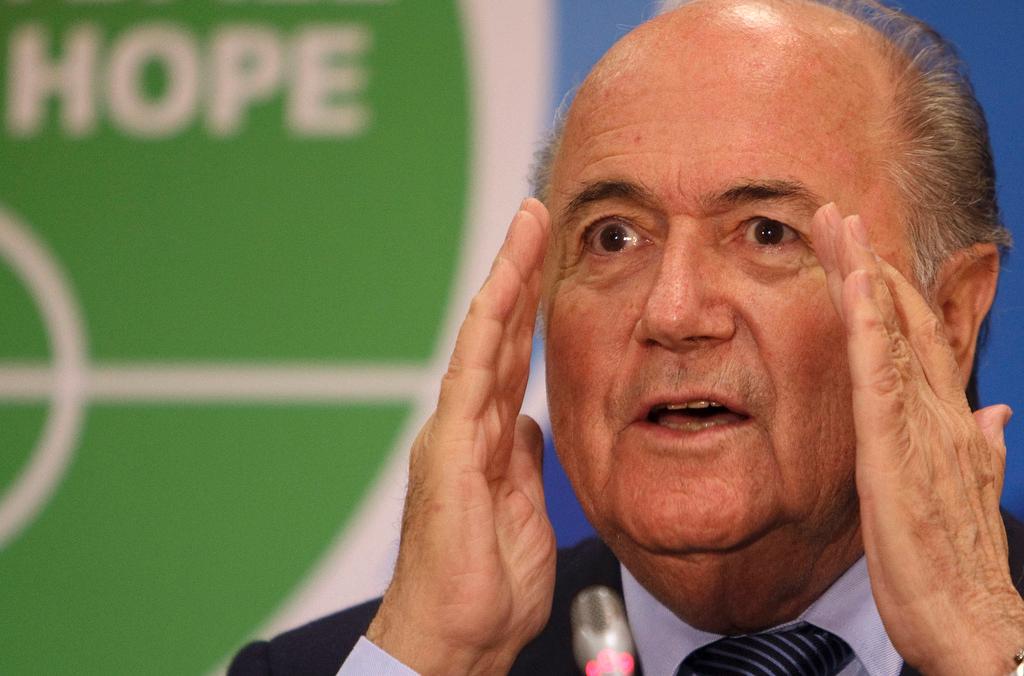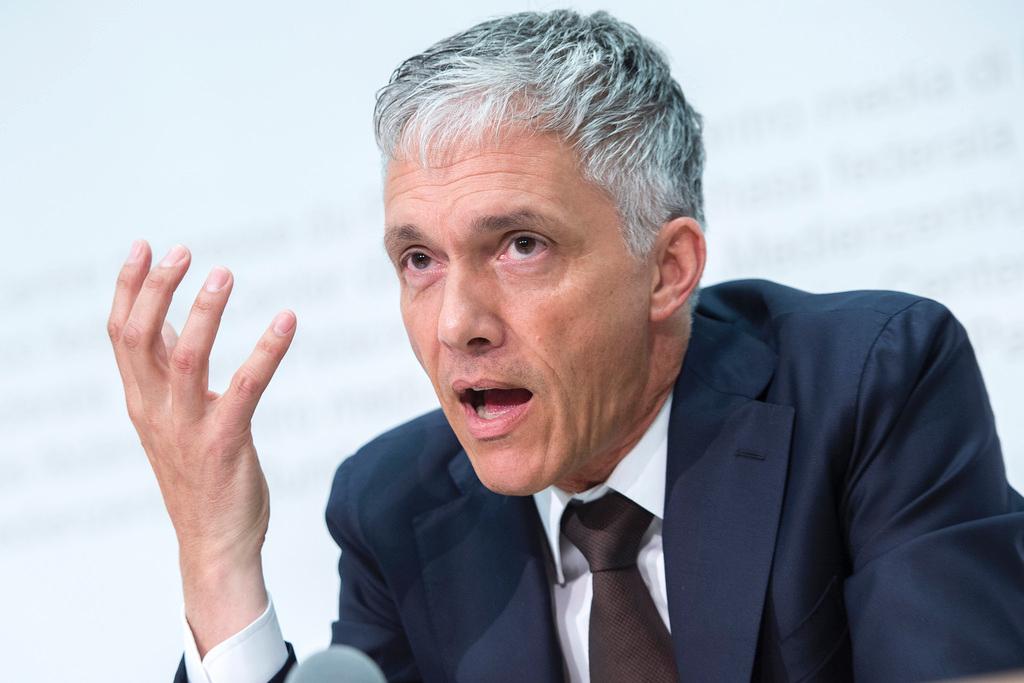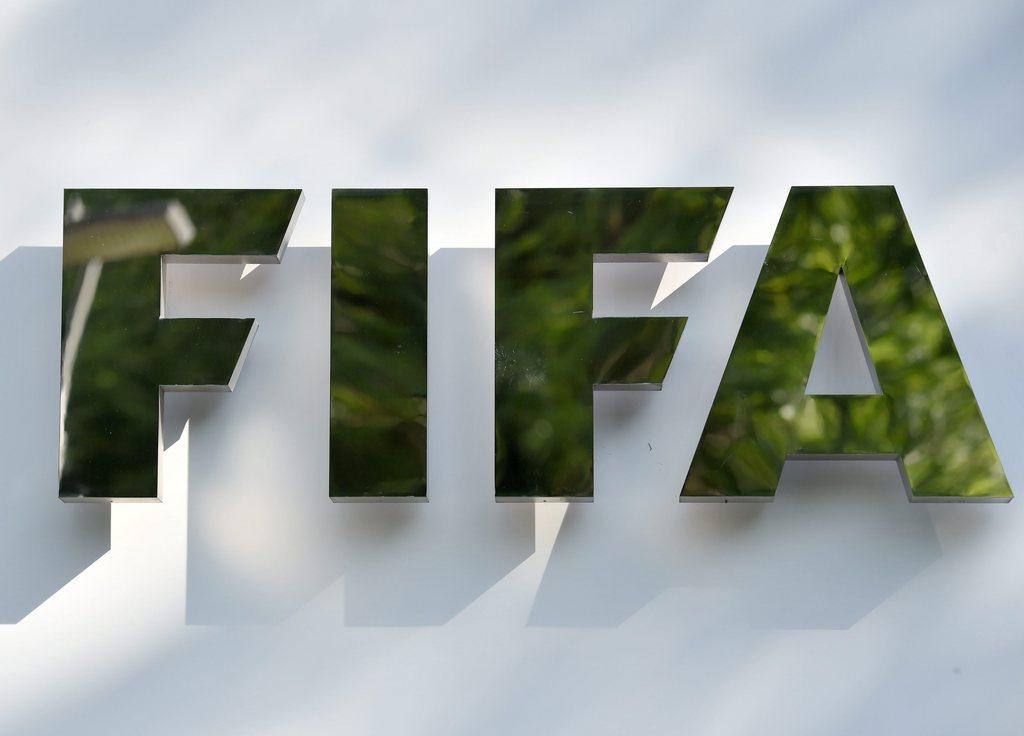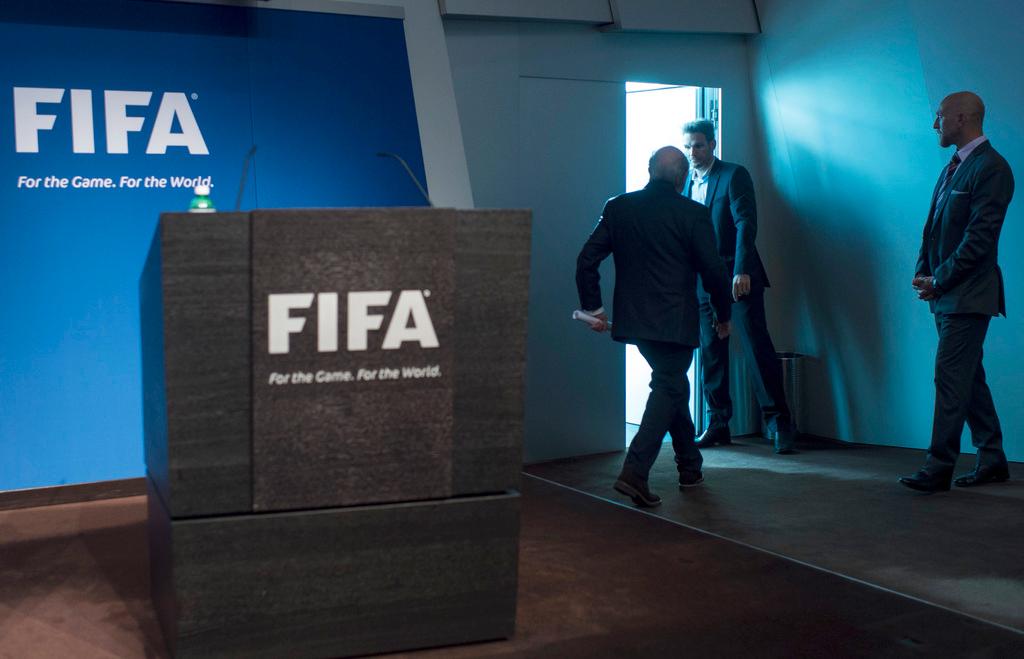Why FIFA matters
So some FIFA officials have been charged with racketeering and money laundering. Why does it matter? After all, for years FIFA has gorged itself on the proceeds of the game and enjoyed lavish lifestyles. Scandals have emerged and Mr Blatter and his entourage have sailed serenely on to the next press conference of denial. “I am the captain, we will weather the storm together…we are heading to calm, clearer waters,” he has said.
Corruption in sport is not a game. There are victims and there is criminal behaviour. Football is a game of dreams. From the favelas in Brazil to the dusty streets of South Africa and the World Cup stadia, it is the beauty of players demonstrating their talents and skills on a level playing field that enthrals us.
Yet FIFA has allowed itself to become an overblown organisation to which the monstrous limpet of criminality can attach itself. It is a flawed democracy that is far removed from the fans that support the game with their passion, and pay for it through the turnstiles or by broadcast subscriptions.

The sums of money involved are enormous. So far the indictments are on charges worth more than $150 million. And this may only be the tip of the iceberg. This is money that could and should have been spent benefiting the game, players and fans. Greater investment in the grass roots, better coaching facilities, lower ticket prices, a boost for women’s football, there is no shortage of demand.
Yet even as the ink was drying on the newspaper reports of the arrests of FIFA officials, further revelations came to light suggesting $5 million was paid to the Football Association of Ireland to keep quiet about allegations of being cheated out of the World Cup qualifier in 2010. And there are further investigations into the awarding of the World Cup in 2018 and 2022 to Russia and Qatar respectively.
Tax breaks
One remarkable aspect of these flows of money is the privileged status of FIFA means that overall it is exempt from tax. Such is the opaqueness of the organisation that it is near impossible to have a clear view as to the public benefit of FIFA. In many jurisdictions FIFA itself as a corporate entity would be under investigation by now.
US Attorney Kelly Currie said when laying the charges, “…the defendants fostered a culture of corruption and greed that created an uneven playing field for the biggest sport in the world.” The key words are “culture of corruption.” That goes beyond individual actions, it implies at worst complicity and, at best, an extraordinary lack of curiosity by those who were the custodians of $5.7 billion of World Cup rights.
When the FIFA Executive Committee meets next week it faces a dilemma. The evidence of systematic corruption at FIFA has been popping up as regularly as a cuckoo emerging from a clock. What action will the Executive Committee take?
Corruption lives and breathes on the back of impunity. FIFA has to end that now. FIFA has an obligation to players, supporters and citizens to start the reform process now. That includes dealing openly and honesty with past misdemeanours.
And it means reforming the governance of FIFA with both the spirit and letter of transparency and accountability. Independent non-executives on the Board, country-by-country reporting, complete declarations of interests, term limits and integrity from the national associations through to FIFA.
There should be no more false dawns, no more sordid scandals and dawn raids. We have provided a route map and FIFA has a debt to the fans and the players to change now.
The views expressed in this article are solely those of the author, and do not necessarily reflect the views of swissinfo.ch.
Opinion series
swissinfo.ch publishes op-ed articles by contributors writing on a wide range of topics – Swiss issues or those that impact Switzerland. The selection of articles presents a diversity of opinions designed to enrich the debate on the issues discussed.

In compliance with the JTI standards
More: SWI swissinfo.ch certified by the Journalism Trust Initiative






You can find an overview of ongoing debates with our journalists here. Please join us!
If you want to start a conversation about a topic raised in this article or want to report factual errors, email us at english@swissinfo.ch.